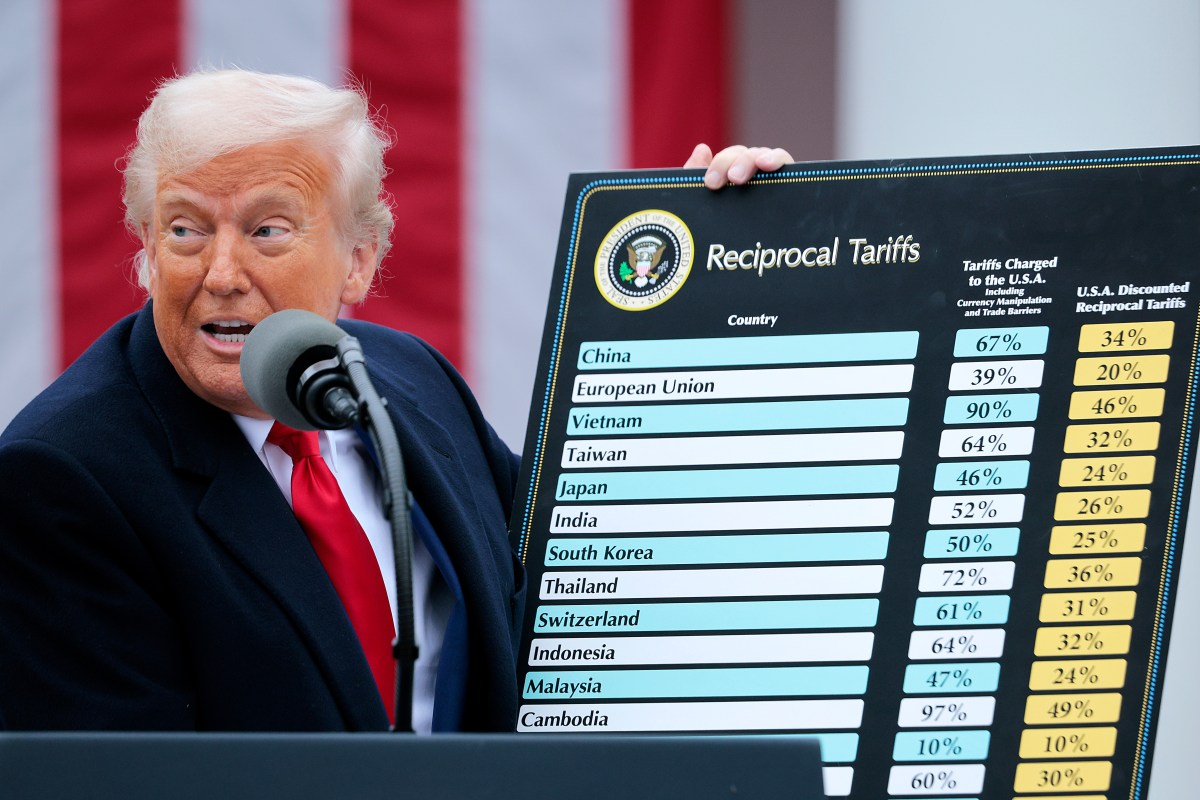Public Feedback to the White House on AI Policy Addresses Copyright and Tariffs

Overview of Public Comments on AI Policy
Individuals, industry representatives, and local governments have submitted more than 10,000 comments to the White House regarding the ongoing development of the national Artificial Intelligence (AI) policy, commonly referred to as the AI Action Plan. The White House Office of Science and Technology Policy (OSTP) recently released these comments in a comprehensive PDF that spans over 18,000 pages.
Diversity of Concerns and Opinions
The feedback addresses a wide array of issues, such as copyright laws, ethical considerations, and the environmental impact of AI data centers. As these conversations unfold, they coincide with a shift in AI priorities under the administration of President Donald Trump, who has taken steps to reshape U.S. government policies surrounding AI.
Changes Under the Current Administration
In January, President Trump reversed an Executive Order on AI that had been established by former President Joe Biden. This order called for the National Institute of Standards and Technology to create guidelines aimed at helping tech companies identify and rectify biases in their AI models. Opponents of the initial order, aligned with Trump, argued that its reporting regulations were too burdensome and jeopardized companies’ trade secrets.
Following the revocation, Trump issued a new directive instructing federal agencies to foster AI development that is "free from ideological bias," with a focus on promoting economic competitiveness and national security. Notably, his new order does not address combating AI bias, which was a cornerstone of Biden’s policy.
Stakeholder Perspectives
The comments submitted reflect the high stakes involved in the ongoing AI race.
Creative Contributions and Copyright Issues
Some commenters argued that AI may exploit creative works without appropriate compensation for the individuals who contributed them. These voices are calling for stronger copyright regulations to protect creators. Conversely, venture capital firms like Andreessen Horowitz have accused these rights holders of stifling AI development with excessive restrictions.
Significant AI companies, including Google and OpenAI, have also advocated for more lenient rules surrounding AI training in their previous interactions on the AI Action Plan.
Funding and Scientific Research
Organizations such as Americans for Prosperity, The Future of Life Institute, and the American Academy of Nursing have emphasized the necessity of maintaining investments in scientific research during a period when federal grants are being reduced. AI specialists have criticized the recent cuts to scientific grants, particularly those endorsed by the Department of Government Efficiency, led by billionaire Elon Musk.
Economic and Policy Implications
Several comments have highlighted concerns regarding the Trump administration’s tariffs on foreign goods, which some believe may impede domestic AI development. The Data Center Coalition has warned that tariffs on necessary infrastructure components could hinder U.S. AI investments. Meanwhile, the Information Technology Industry Council, which includes companies like Amazon, Intel, and Microsoft, has suggested implementing strategic tariffs that protect domestic industries while avoiding escalation into trade wars harmful to consumers.
The Issue of AI Censorship
Only a few comments addressed the thorny issue of "AI censorship," a concern prevalent among some of Trump’s key allies. Figures like Elon Musk and AI “czar” David Sacks have made claims that popular chatbots censor conservative viewpoints, with particular attention on ChatGPT, which has been criticized for misrepresenting politically sensitive topics. The inherent bias in AI systems remains a complex and unresolved technical challenge. Musk’s own AI venture, xAI, has faced difficulties in developing an unbiased chatbot.
Presidential Engagement in AI Policy
In recent months, President Trump has intensified efforts to establish a dedicated AI policy team. In March, the U.S. Senate confirmed Michael Kratsios as the new OSTP director, who previously worked on AI policies during Trump’s first term. Additionally, Sriram Krishnan, a former venture capitalist, has been appointed as the senior policy advisor for AI at the White House.
As the discourse surrounding the AI Action Plan continues, it’s evident that various stakeholders are united by a shared interest in shaping the future of AI in America.




